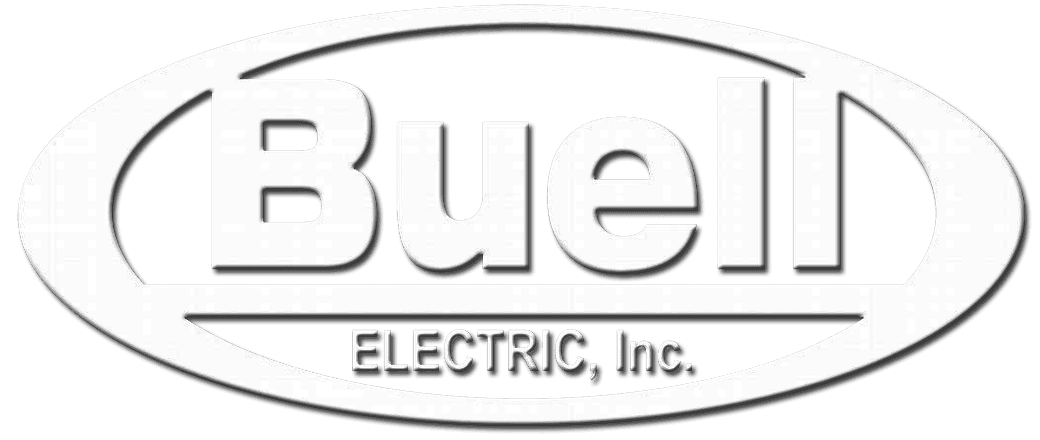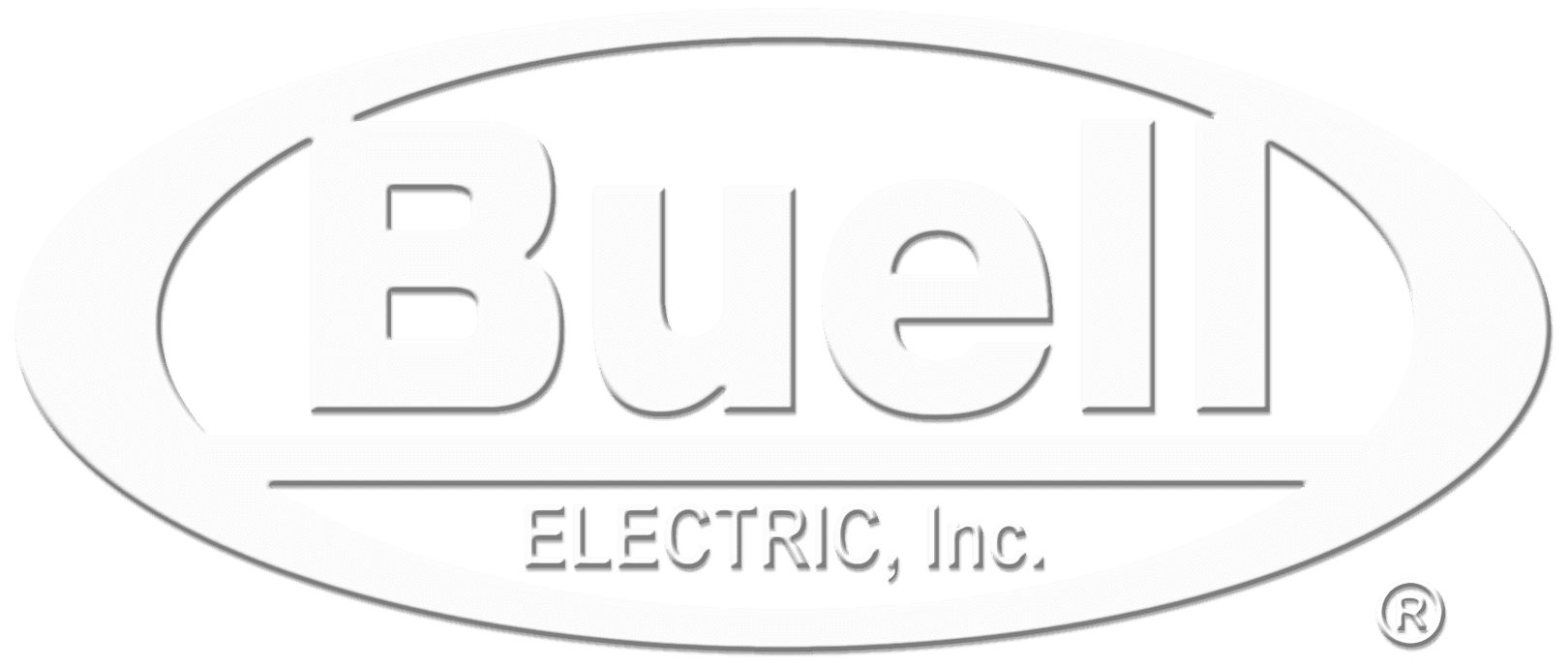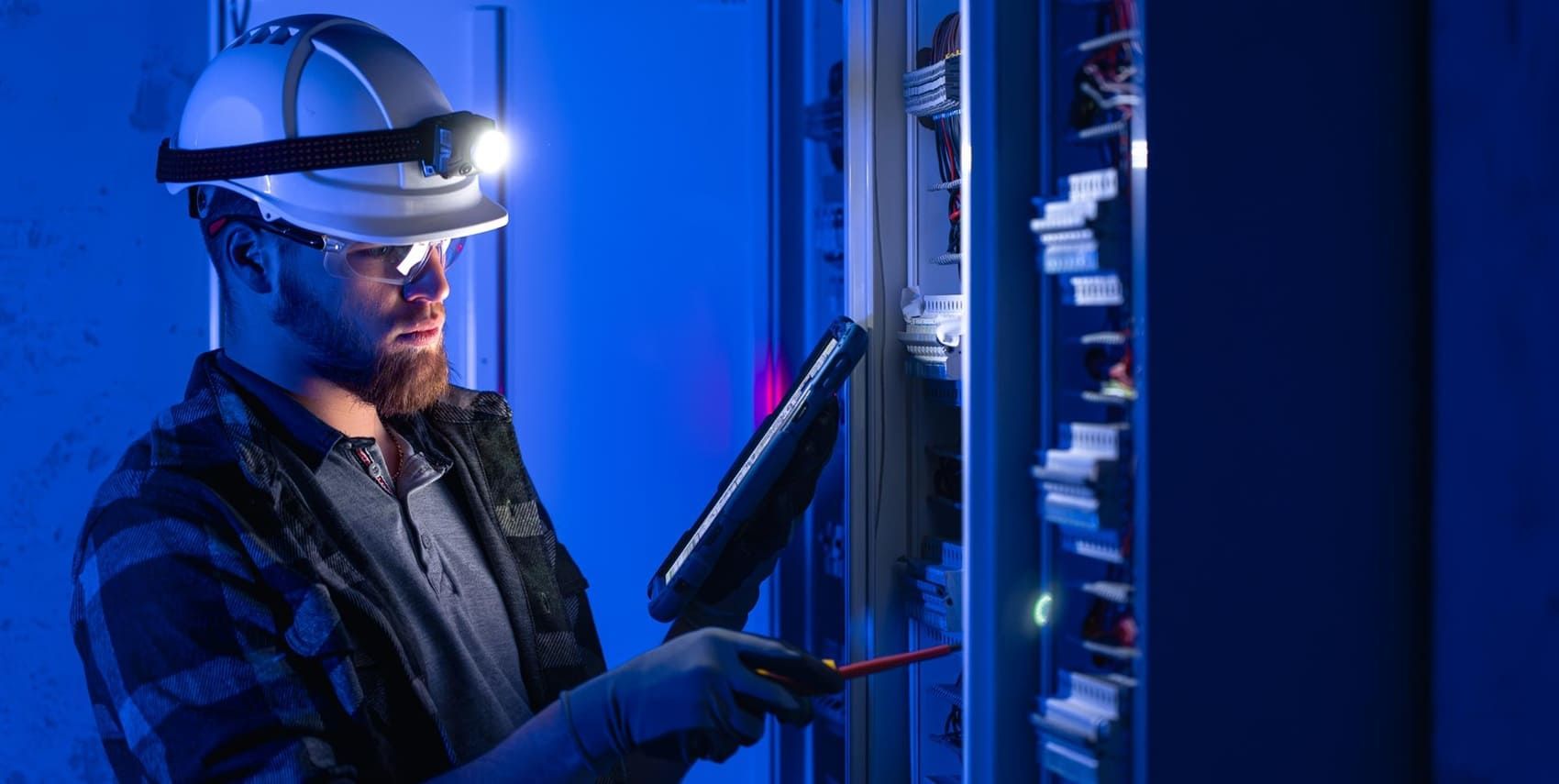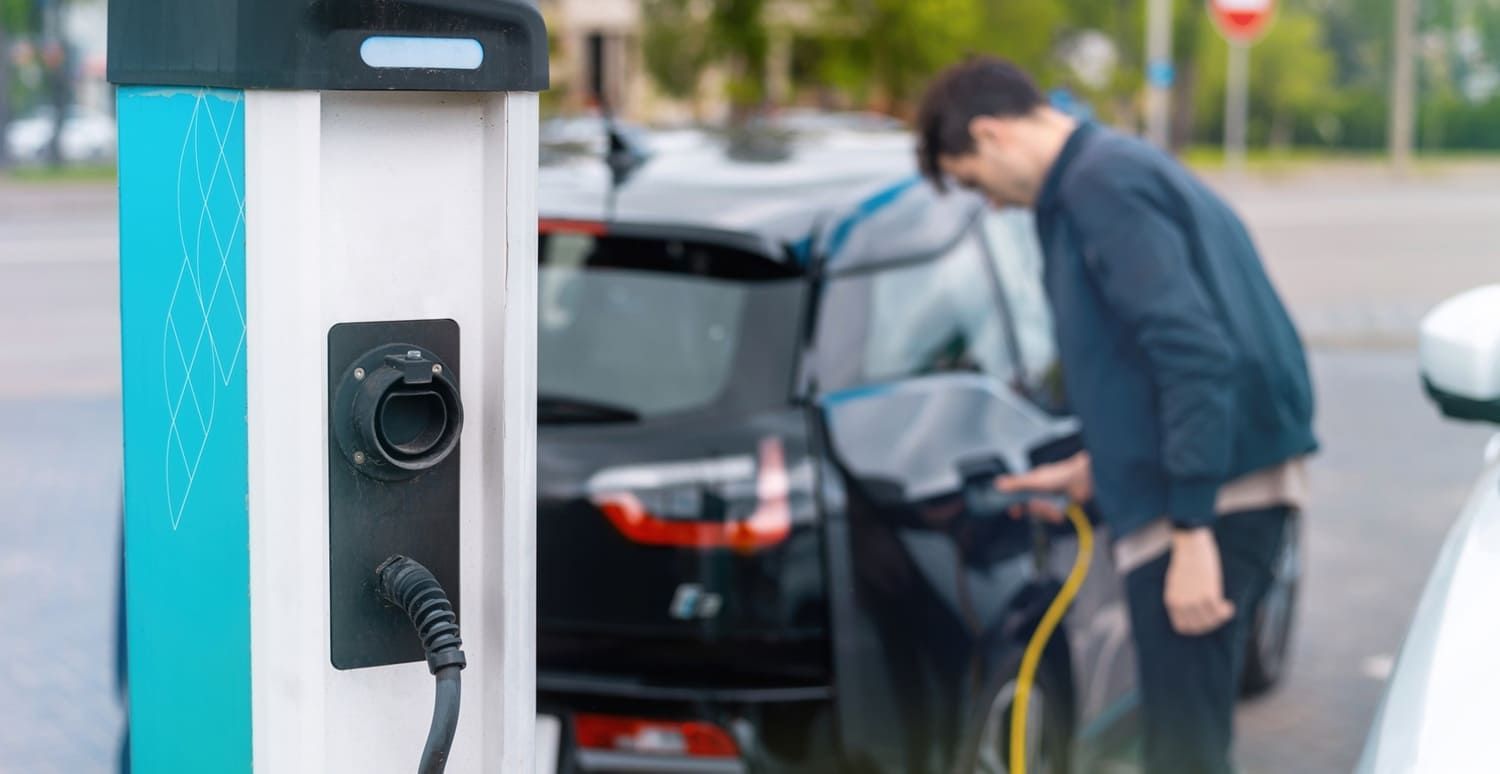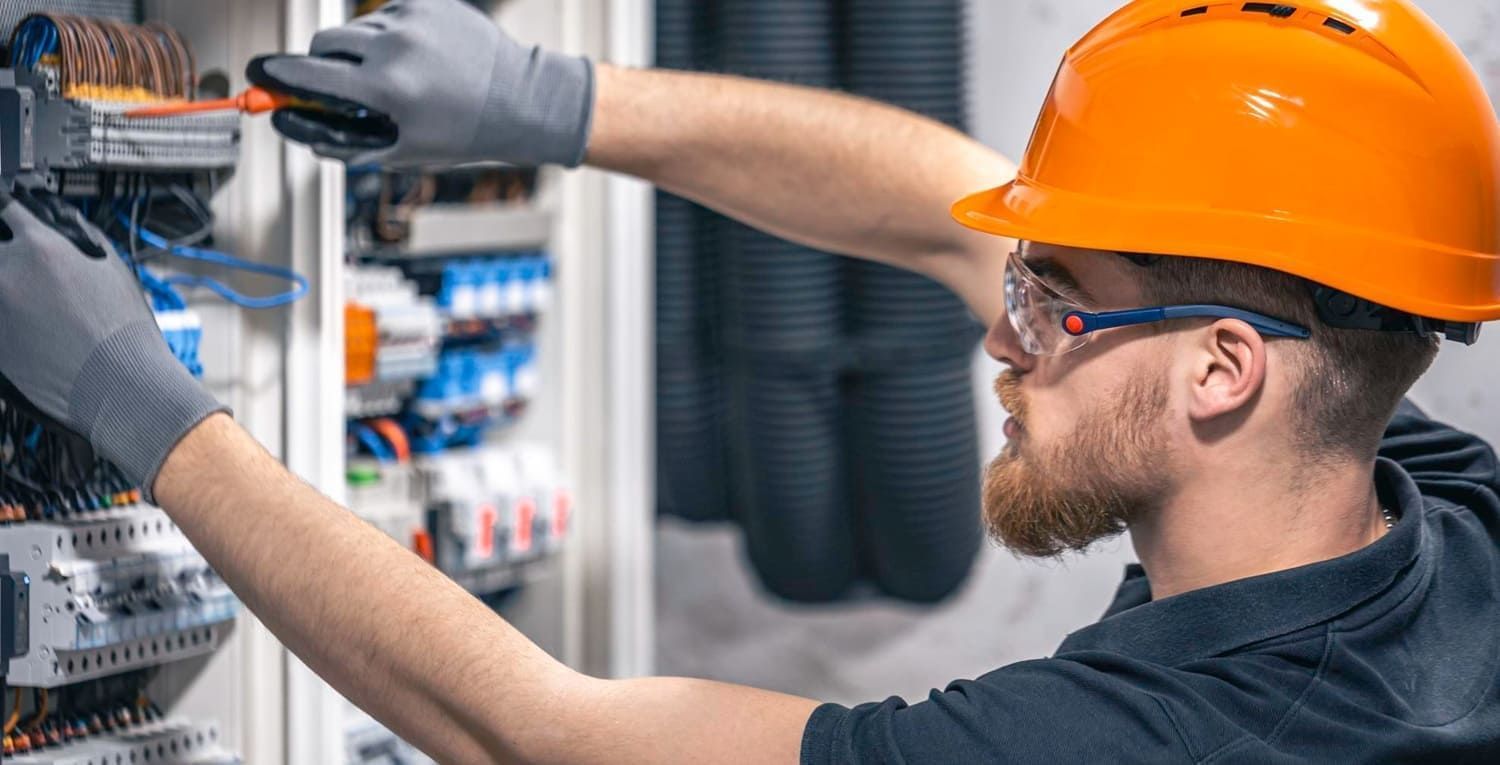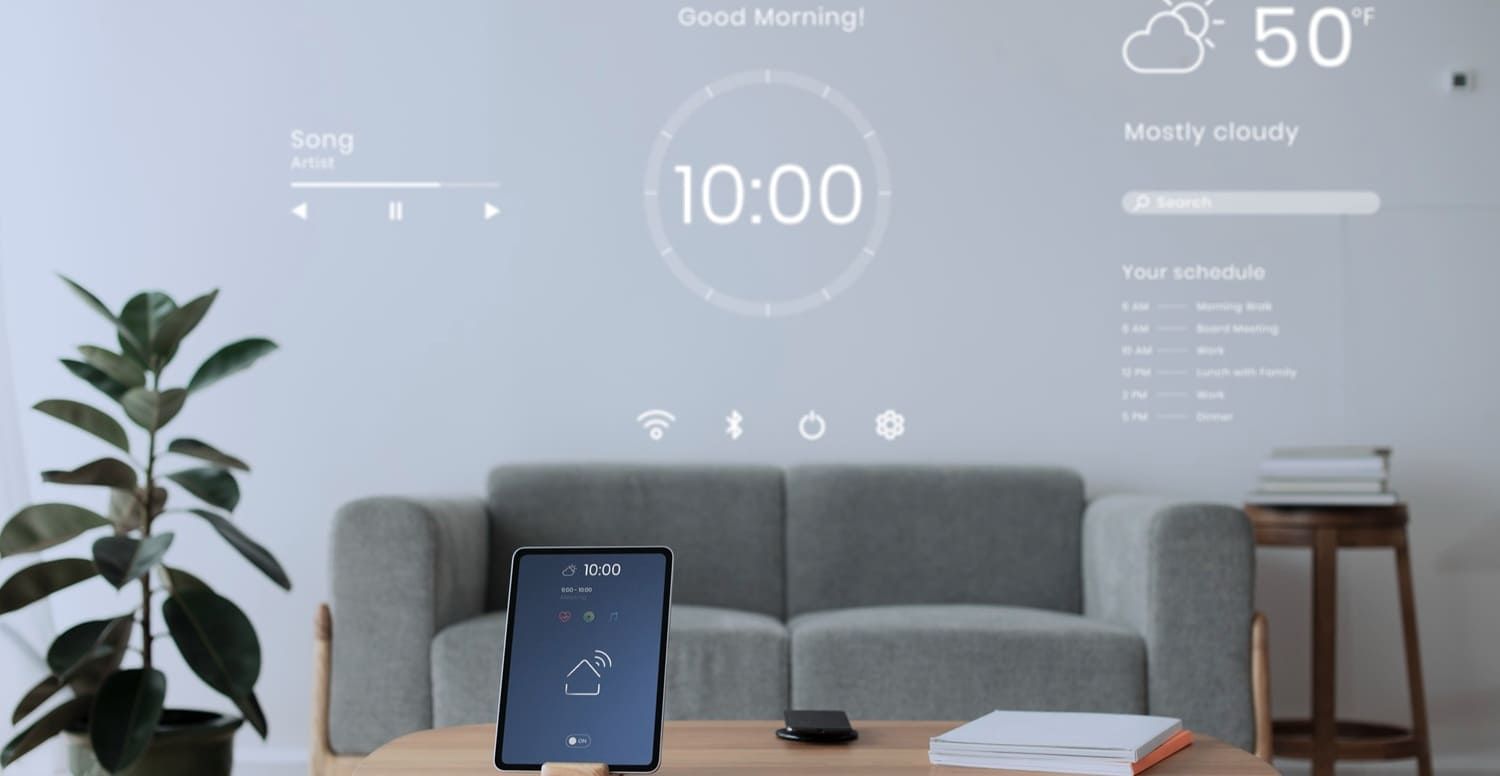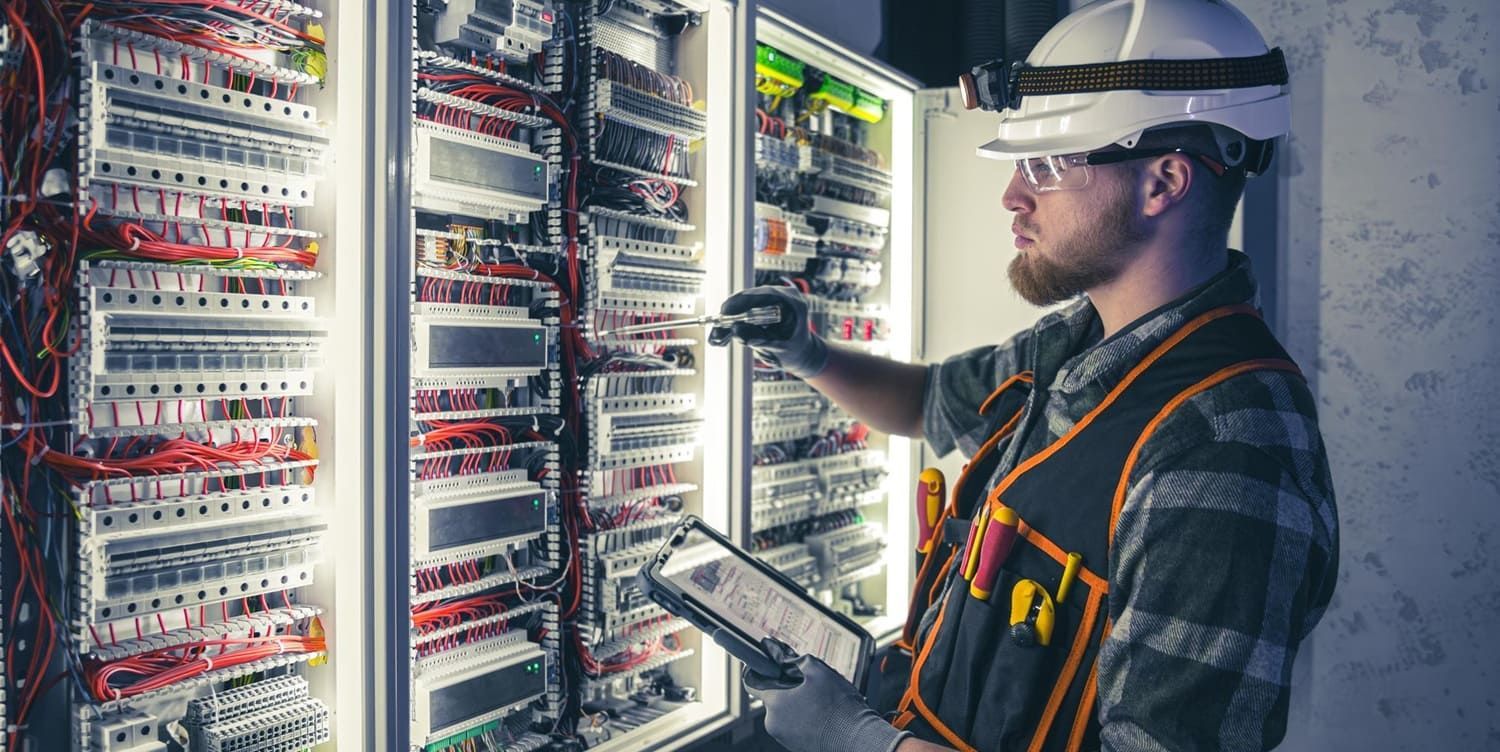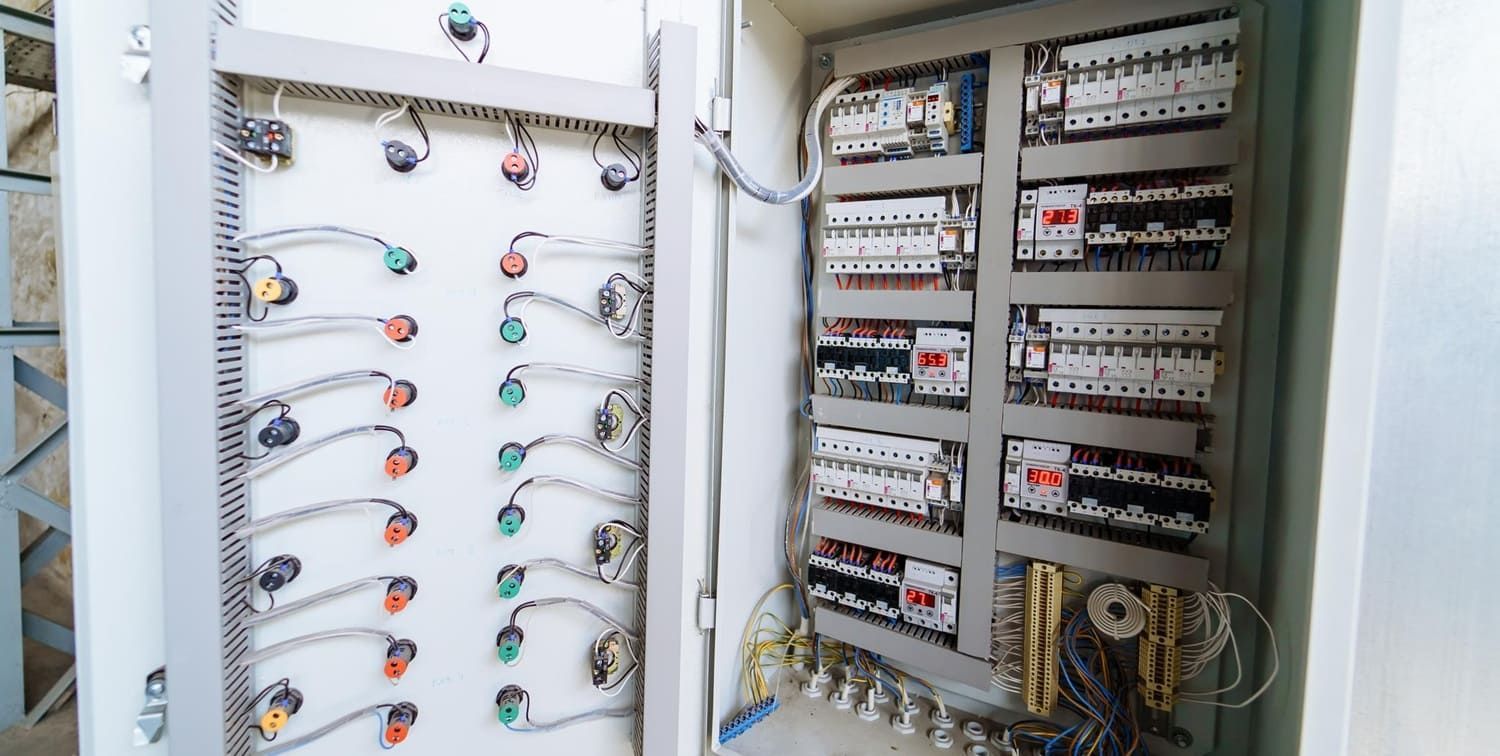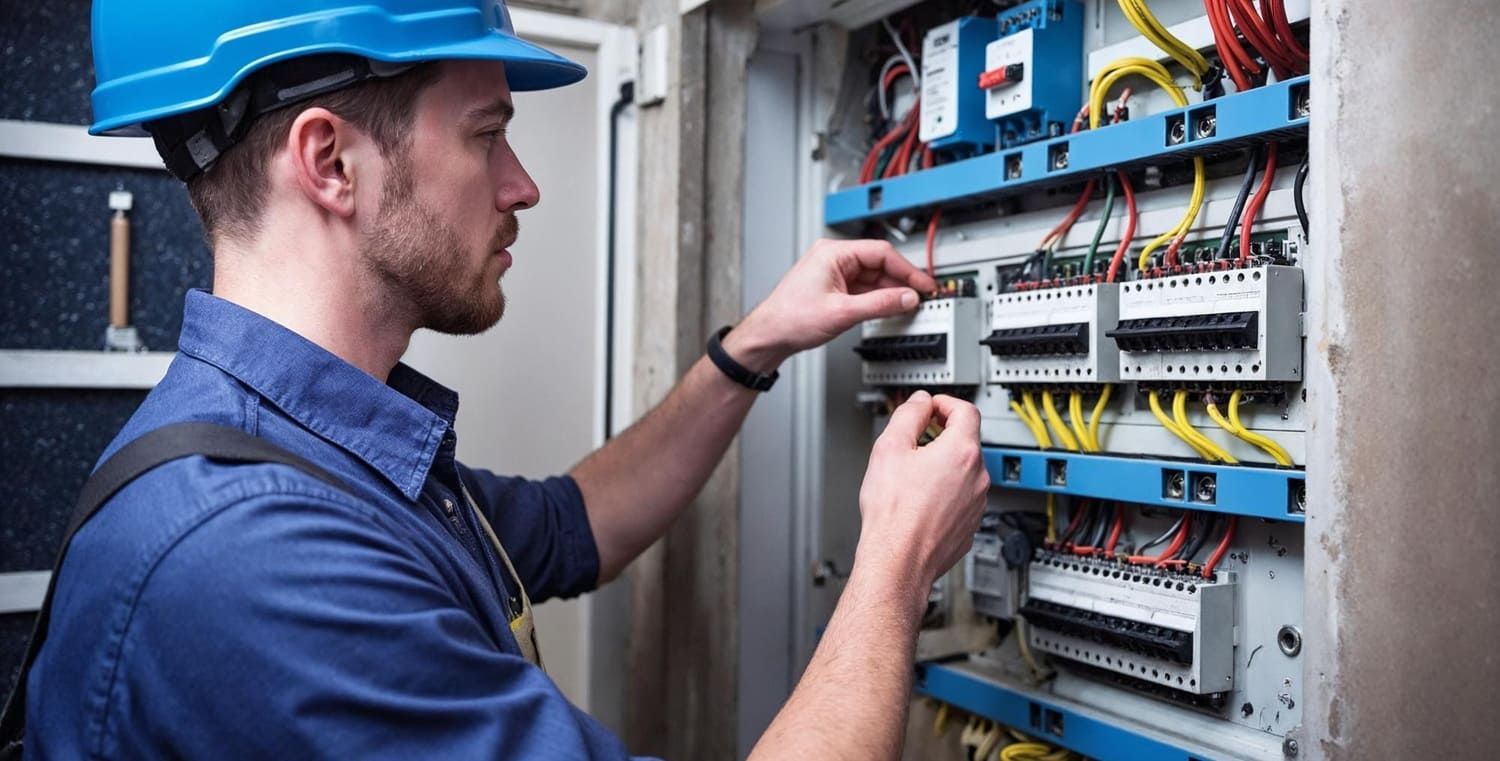What Size Generator Do I Need? How to Get the Right Calculations
What size generator do I need? If you're asking yourself that question, make sure you keep reading below to learn how to get the right calculations.
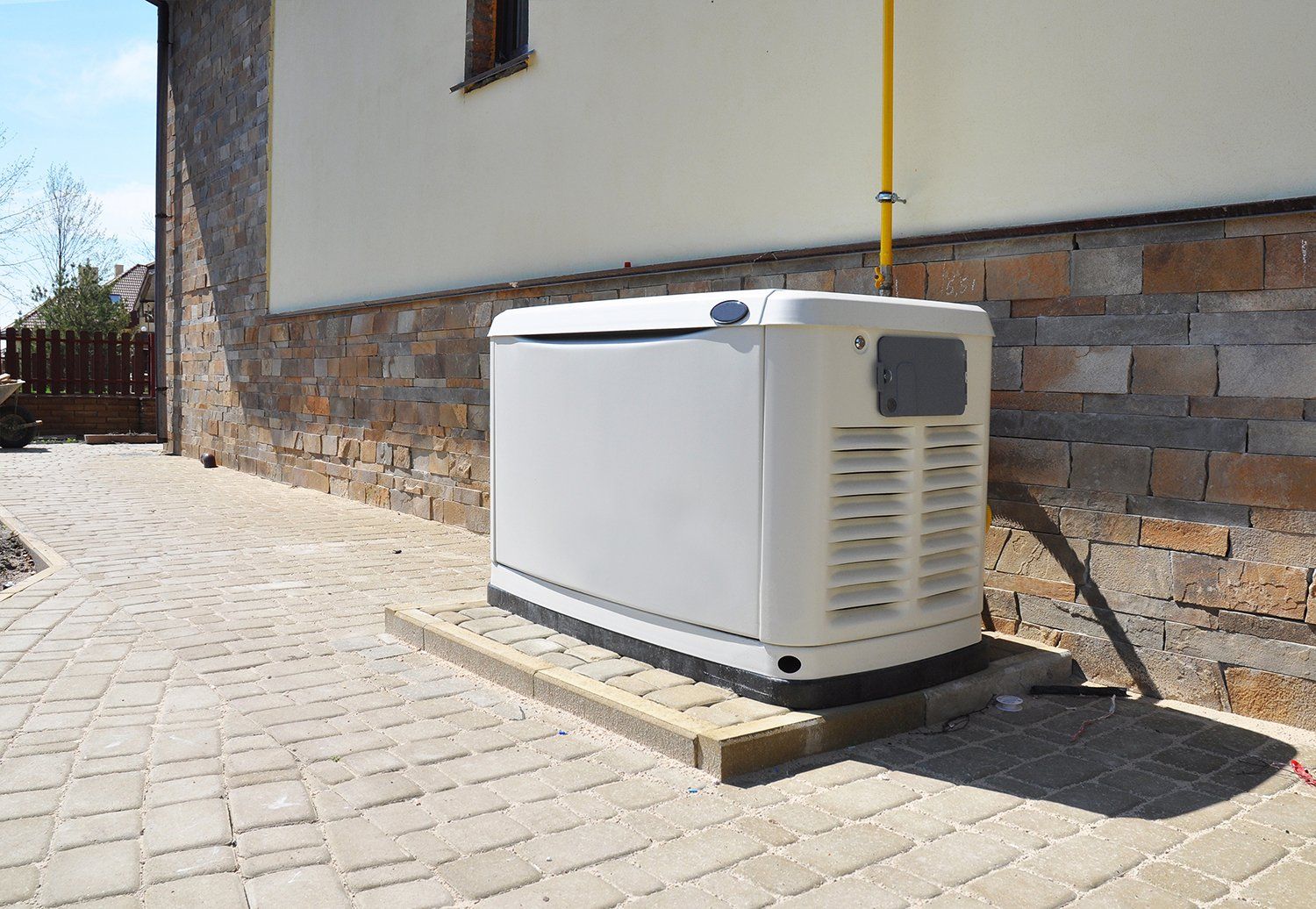
You just bought a new generator, but when you set it up and turn it on, nothing happens.
What went wrong?
Your generator likely doesn't have enough wattage to power your appliances. If you rush into buying a generator without doing the right research, this is an easy mistake to make. To avoid this problem, you'll need to make sure you pick the right size generator before handing over your money.
We've put together this guide to help you learn how to do the necessary math to avoid ending up with a generator that's too big or too small. Don't worry, though. It's simple!
Make sure you keep reading below for some helpful tips!
Starting and Running Wattage: How to Calculate the Amount of Power You'll Need
The power output of a generator is measured by watts (or W). Before you start shopping for a generator, you need to figure out how much power you'll need to keep your appliances, tools, or camping equipment going.
But first, you'll need to understand starting and running wattage.
Every appliance has a starting wattage and a running wattage. As the name suggests, the starting wattage is the amount of power it needs to turn on—a much higher number than the running wattage. An appliance's running wattage is the amount of power it requires to keep working while you use it.
You must have both these wattages to find the right generator size for your needs.
Finding the Right Wattage of Your Appliances
You should be able to find the running wattage for an appliance in the owner's manual. If you don't have the owner's manual, a quick Google search should be enough to find it online.
Once you have this number, you should multiply it by three to find the starting wattage then add the two numbers together to figure out the total wattage the appliance needs.
For example, let's say you want to power a microwave with a running wattage of 500W. This means the starting wattage is about 1500W, and the total required wattage is about 2000W.
You'll need a generator with at least 2000W to power this appliance.
Making Sure the Generator Has the Right Power Output
It's always a good idea to buy a generator with a slightly higher wattage than you need.
Otherwise, the generator may get overloaded, which can cause it to overheat, shut down, and, in severe cases, even start a fire. Your generator will also be much louder if you run it at full capacity, and putting too much constant stress on your generator can shorten its lifespan.
To continue with our example from above, you would want to buy a generator with 2500W to ensure it can handle your microwave.
How to Choose a Generator Size
Now that you know how to find the wattage of an appliance, tool, device, etc., picking the right generator size for your needs will be much easier. All you have to do is make a list of appliances you want to power and add the wattages together.
Here is a list of common household appliances and their average wattages.
- Refrigerator - 1400W
- Electric Stove - 5000W
- Microwave - 1500W
- Lights - 80W
- TV - 1200W
- Computer - 400W
- Central air conditioner - 3500W
- Furnace - 2200W
If you wanted to power all these things with a backup generator, you would need it to have a wattage of about 11000W. Keep in mind, the more wattage you need, the larger the generator will be. You won't be able to use a small, portable generator to power several large appliances at the same time.
But that doesn't mean you should go overboard, either.
Buying a generator that's too big won't do you any good. In fact, it will make you lose money in the long run. The best way to get the most out of your generator (and save as much money as possible) is to buy a generator that's the correct size for your power needs.
What Size Generator Do You Need to Power an Entire House?
The answer to this question depends on a number of factors.
You have to know the size of your house, the number of appliances you have, and how long you want to power it. To continue using your house like normal during a power loss, you would need a residential generator with at least 10000W.
But again, this number might go up or down based on the specifics of your home. A small house with a single occupant may be able to get by with a smaller generator. A large house with a big, busy family, though, may need something even stronger.
Start by finding the wattage of all your appliances (we've already broken down the main ones above). Then estimate a few hundred watts above what you think you need. That should give you enough power to keep your house going as normal.
Becoming Your Own Source of Power
Installing a generator on your property makes you less reliant on traditional power sources. No matter what happens, you can keep your home running for several hours or even days on your own.
But this only works if you have the right size generator.
Do you still need some help picking the right generator for your needs? Don't wait to get in touch with our team at Buell Electric today! We'll take a look at your power requirements, make sure you get a generator that fits your home, and walk you through the installation process.
